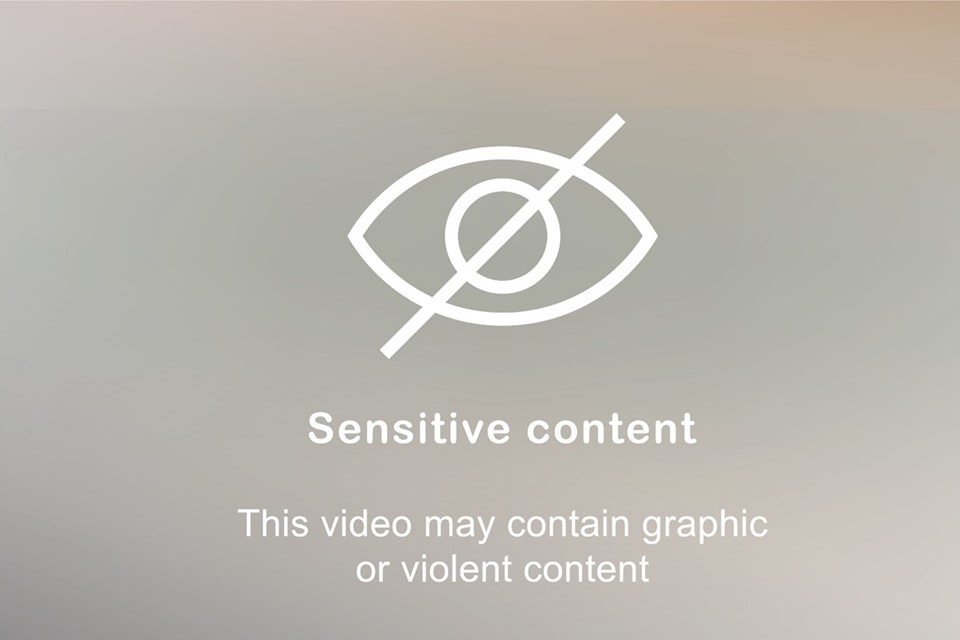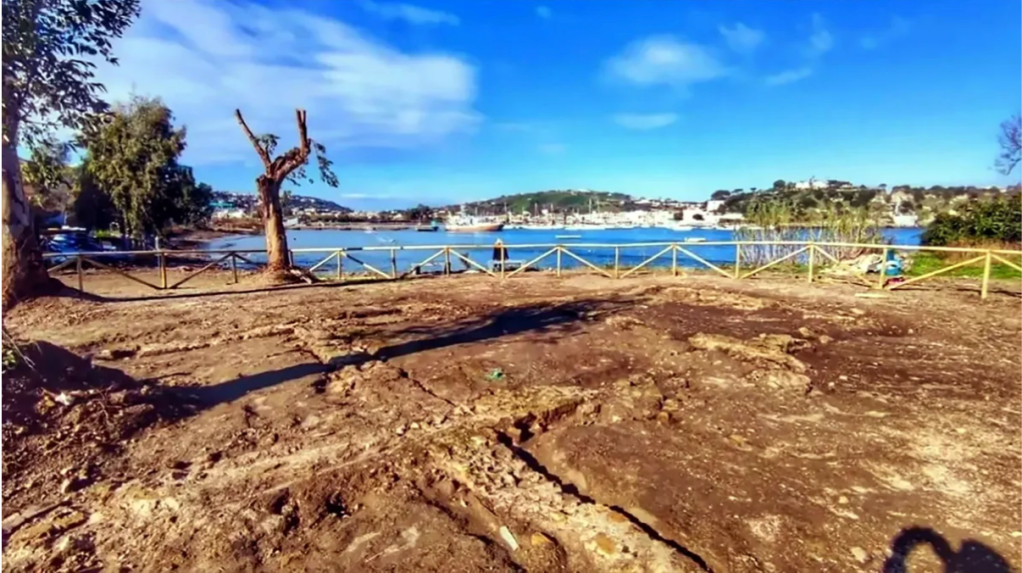As theatrical capabilities allow live performance to reflect extreme violence ever more effectively, Opera Holland Park founder Michael Volpe argues that it’s time for opera to follow the world of cinema and warn audiences about what they’re about to witness
As Gianciotto, the baddie in Zandonai’s Francesca da Rimini, bludgeoned Francesca to death and then cut the throat of her lover Paolo, sending arterial blood spurting up the wall of the bed chamber, the muffled – and not so muffled – screams and audible gasps from the audience were inescapable evidence that we had made an impact. I’d never heard anything like it in decades of working in the theatre; the audience was shocked and disturbed. I had several shaken Opera Holland Park patrons complaining for days, some of whom had been accompanied by kids. We hadn’t issued a warning for this extreme violence and there was no reason why the audience should have expected it, being familiar as they are to the softer, melodramatic operatic versions of murder. The death of Scarpia in Tosca? Bit of a stab in the belly, usually. Opera has traditionally relied upon the simple existence of a murderous death for its impact, not the physical manner of its execution. We know Tosca leaps from the ramparts, but we never see her hit the ground in a spray of viscera – but if we did?
In recent days X (formerly Twitter) has been once more alight with the issue of ‘trigger’ or content warnings. Actor Ralph Feinnes had taken the opportunity afforded by an appearance on Sunday with Laura Kuenssberg to bemoan their existence, rather than go in to bat for the imperilled UK arts industry. They were, he languorously declared, signs that the public had gone ‘soft’.
There followed many haughty declarations that theatre and opera are meant to shock and that we know, particularly in the classic works, where and when somebody meets their maker. ‘Who decides trigger-warnings?’ Spluttered one X’ter in outrage. ‘Enforced fragility as a result of joyless critical social justice is an insult to audiences, writers & actors. A way of controlling the audience, it will destroy the freedom of artistic expression.’ Controlling the audience, eh? Isn’t that the same manipulation we are aiming for with violent stagings?
Examples of snowflake trigger warnings were legion. Why should we warn of suicide or sexual abuse or print a dire message on the programme for Romeo and Juliet? I am not interested in getting into the undoubted examples of over-egged puddings on this, but we have had warnings and certification on movies for a very long time and theatre managed to get away with it. Live depictions of violence are often very much more effective than the cinematic versions and we mustn’t dismiss the impact of such things on the unaware. What is key is that whilst we know there are murders and deaths in theatre and opera, the way in which they are staged in these hyper-realistic times is what matters. This is particularly true of sexual violence. Opera experienced a huge furore over the depiction of a gang rape in the Royal Opera’s production of William Tell in 2015. A rape is mentioned early in the libretto and so the director believed it should be fully depicted. There is another discussion to be had about the necessity for brutal, visceral stagings of such acts but the audience in this instance was entirely taken by surprise. And many were not happy.
A trigger warning is not a call to censorship as the quoted tweeter above suggests – if there is an instinct for that, it should be enacted in the rehearsal room. But it is entirely right that we ensure our audiences know what it is they are getting into. A person can choose not to watch a Korean horror movie on Netflix but if a director has turned a well-worn operatic moment into William Friedkin levels of carnage, then I think we ought to let them know. And here we also come up against the question of whether or not we should have age limitations published for particular productions.
Audiences have their own life experiences and trigger warnings are not intended to turn people away at the door, but a person is entitled to know if something that may have an important place in their psyche as a consequence of past experience will be highlighted in the performance. Most people cope much better when prepared and ultimately it is no more than an empathetic and respectful act to offer an opportunity to be ready. Trigger warnings are simply not a hill for the industry to die on (pun intended) and they cause no harm to those who feel they do not need them.
Michael Volpe is the founder and former general director of Opera Holland Park and is now the executive director of If Opera. His second memoir Do I Bark Like A Dog is published by Renard Press on 27 March



